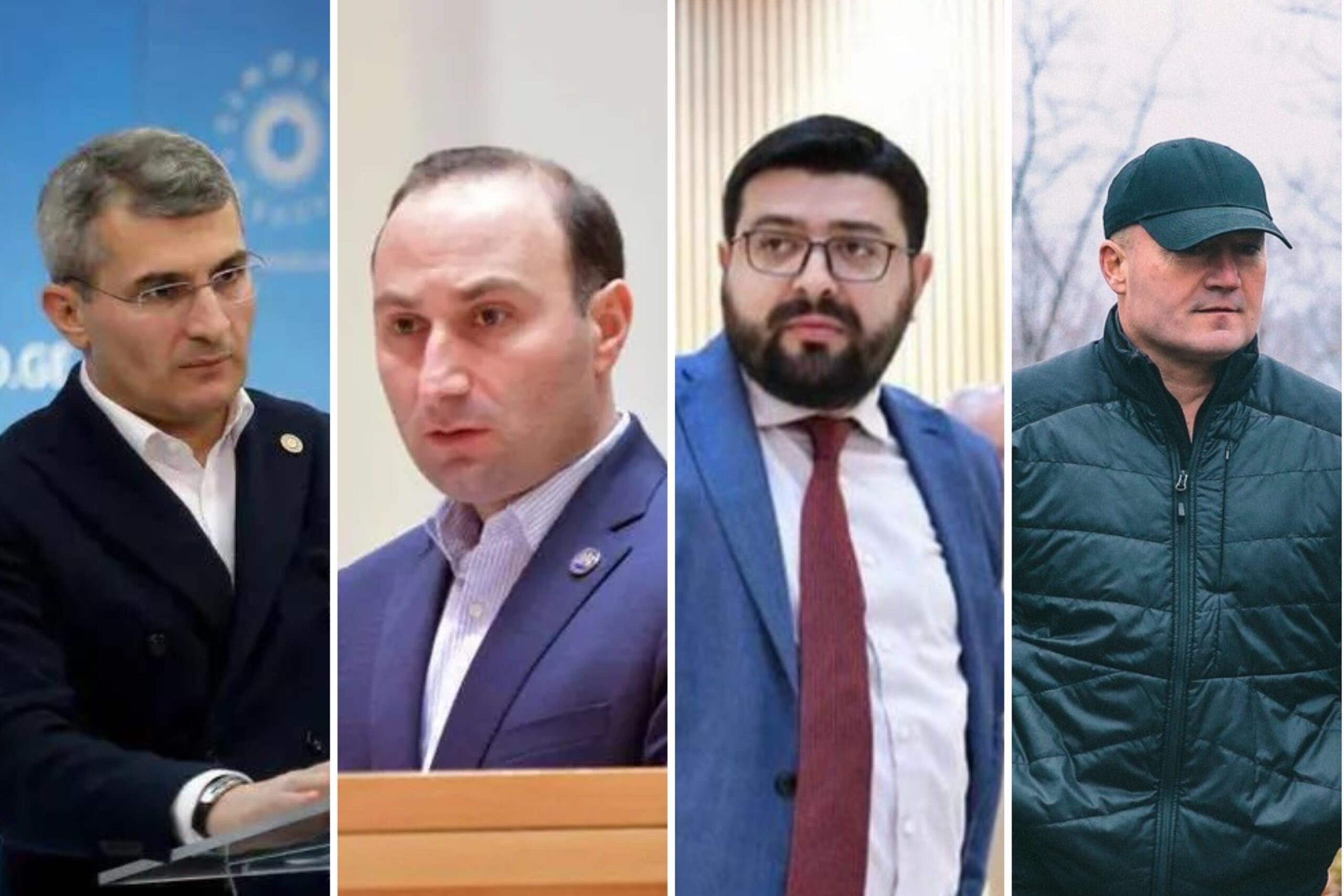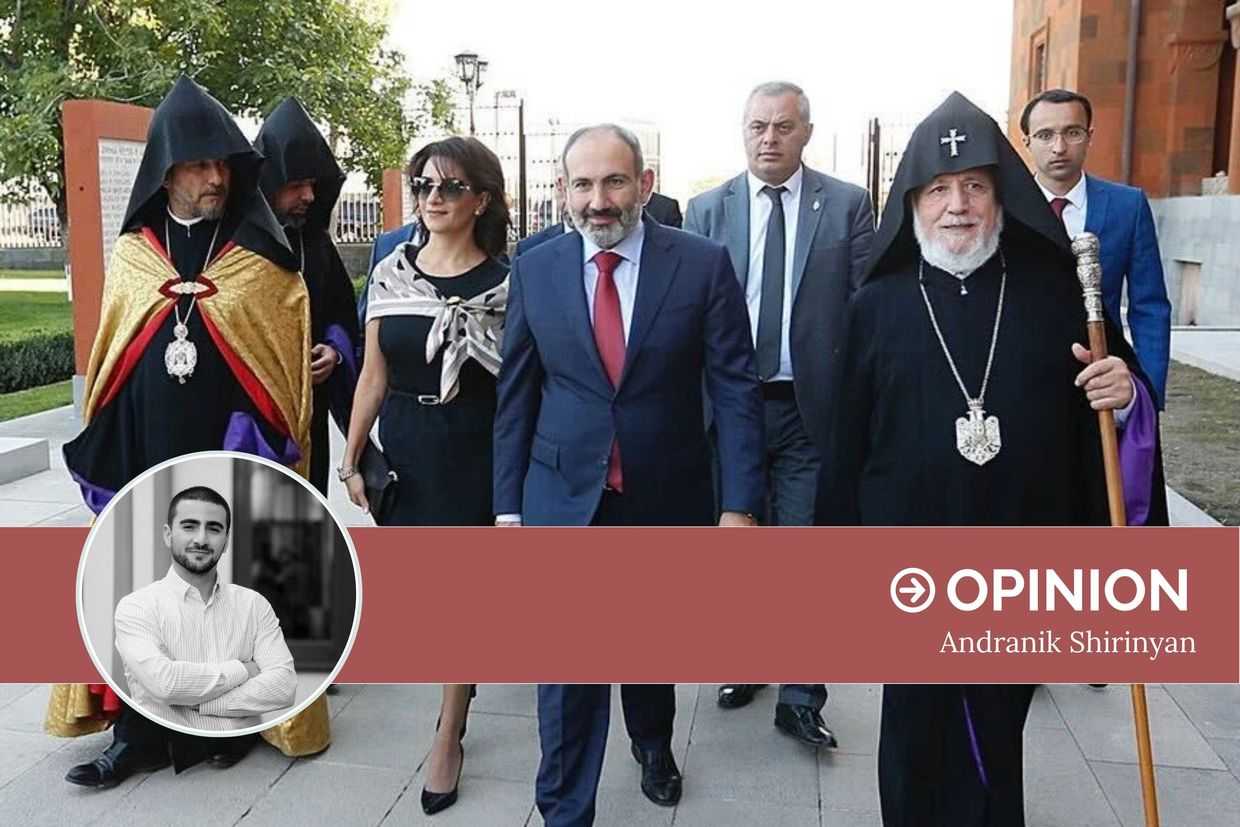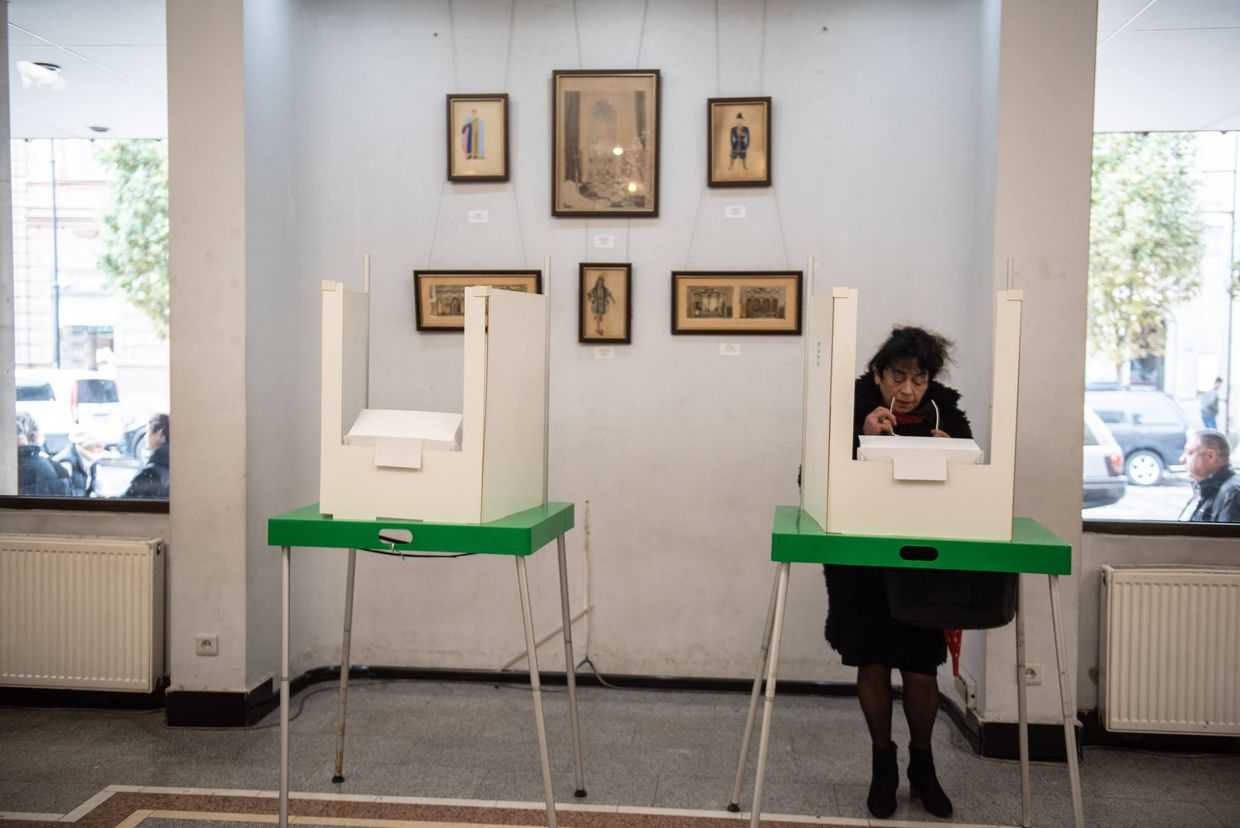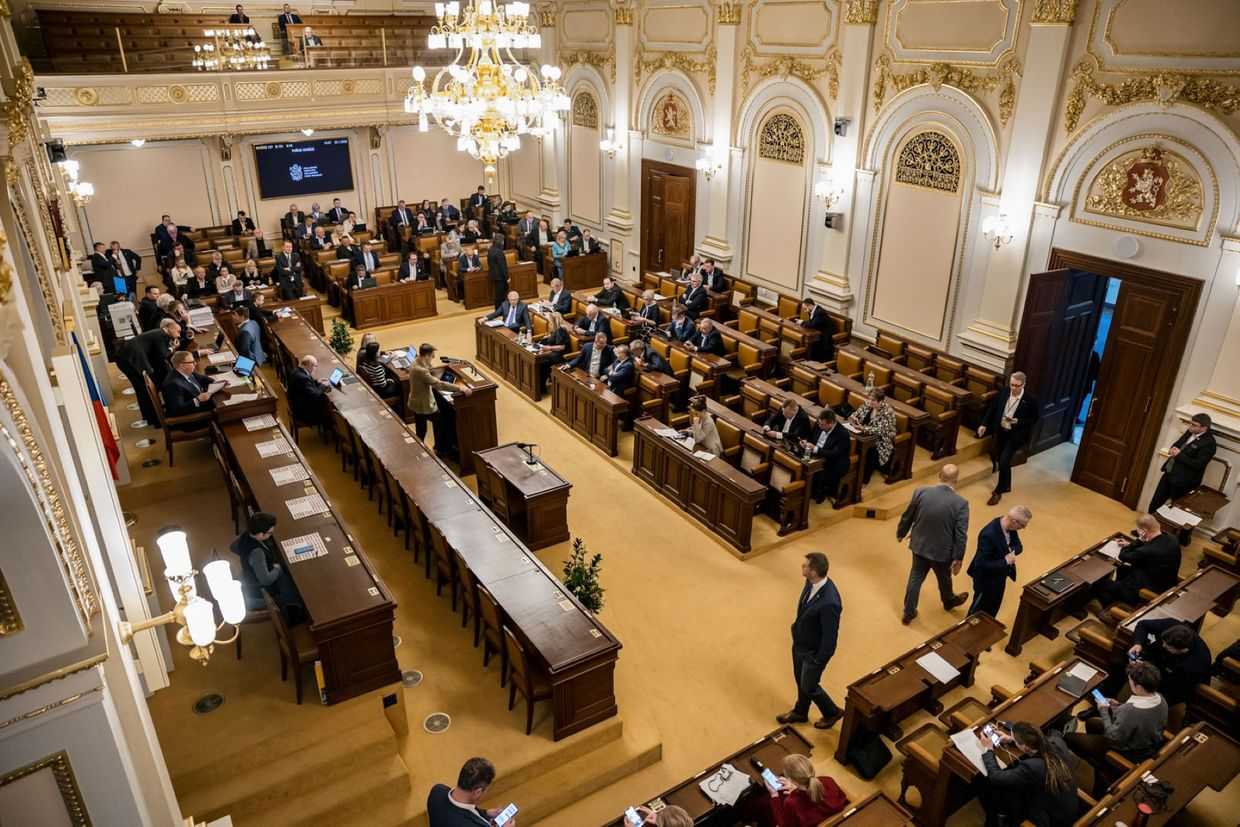
Georgian media has reported that three Georgian Dream MPs and the head of Georgia’s Special Tasks Department were hit by US travel sanctions over their support of the foreign agent law and the authorities’ crackdown on protesters.
MPs believed to be sanctioned include Georgian Dream’s parliamentary leader, Mamuka Mdinaradze, the chair of the parliamentary Legal Affairs Committee, Anri Okhanashvili, and Dimitri Samkharadze.
On Tuesday, TV Pirveli reported that Zviad Kharazishvili, or Khareba, the head of the Interior Ministry’s Special Tasks Department, which is responsible for riot police, had been sanctioned.
During the recent protests against the foreign agent law, riot police physically assaulted and aggressively detained protesters, in addition to deploying pepper spray, tear gas, and water cannons to disperse the almost daily protests against the law.
In late May, Kharazishvili stated that he does not ‘beat up young people, I beat up scum. Here, we have a list, I will show it to you in a bit’.
Neither he nor the Interior Ministry have commented on reports of his sanctioning.
Netgazeti on Tuesday reported that Samkharadze was among those sanctioned. The Georgian Dream MP in May appeared to admit to being behind a campaign of vandalism on the offices of various media, civil society organisations, and opposition parties.
Mtavari Arkhi reported the day prior that Legal Affairs Committee chair Okhanashvili had been included in the ‘first tranche’ of those sanctioned. He vaguely dismissed the claims, stating that he awaited an official notification about his sanctioning.
On 19 June, Pirveli cited their sources as saying that Mdinaradze had also been sanctioned. In an interview with the parliamentary leader, Pirveli asked him if he had received any notification about the cancellation of his US visa.
In response, Mdinaradze denied having a US visa, and accused Pirveli of having ‘false information’.
‘You are being lied to. I have not received any message and no one has’, he said. ‘I guarantee you that you have no source, you are making it up yourself’.
On Wednesday, Mdinaradze stated that the US, ‘our main partner country, [in the past] has not sanctioned even one [member of the United National Movement]’.
‘The [United National Movement], which created a dirty and cruel regime, no one has even made a statement about sanctioning any of them’, he said, criticising reports of ruling party members’ sanctioning over the foreign agent law.
Washington earlier this month announced that ‘dozens’ of Georgian nationals were sanctioned, including members of Georgian Dream, MPs, law enforcement officials, private citizens, and their immediate family members.
US State Department spokesperson Matthew Miller said on 6 June that the sanctions would cover individuals ‘complicit’ in ‘undermining freedoms of peaceful assembly and association, violently attacking peaceful protesters, intimidating civil society representatives, and deliberately spreading disinformation at the direction of the Georgian Government’.
Washington stated that it was unable to provide a list of names of those sanctioned.
On 18 June, US Ambassador to Georgia Robin Dunnigan told IPN that ‘[sanctioned] people with visas have been notified that their visas are no longer valid and those without visas will no longer be able to get them’.
Georgia’s foreign agent law labels any civil society or media organisation that receive at least 20% of their funding from outside Georgia ‘organisations carrying out the interests of a foreign power’. Such organisations are subject to ‘monitoring’ by the Ministry of Justice every six months, which could include forcing them to hand over internal communications and documents and confidential sources. Organisations and individuals who do not comply would be subject to large fines.









